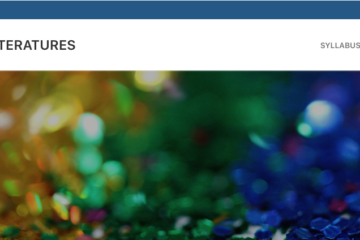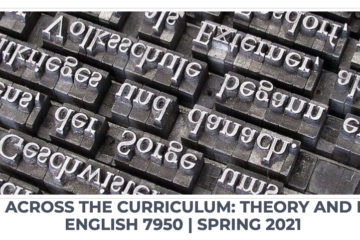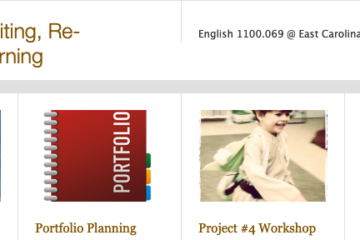To study rhetoric is to pay attention to how communication works (or doesn’t). For ancient rhetoricians, that meant studying how individuals spoke, what they said, to whom, and in what broader contexts. While much current rhetorical theory still engages these concepts, over time, the study of rhetoric has expanded significantly, such that many of the models rhetoricians of the ancient world used either no longer work or need to be seriously reconsidered in order to understand the complexities of contemporary rhetorical situations. This course focuses on those changes, and our goal is to expand our understanding of the rhetorical situation by asking what contemporary theories of writing and communication have to say about key questions like the following:
- Who/what communicates? How? In what context?
- Why do they/it communicate? What are the immediate effects? What are the secondary/long-term effects? How do we know?
- What does rhetoric allow/prevent? How so?
- What/whom does it concern itself with? What/whom does it ignore?
This course is both a ‘history’ in the sense that we are going to explore certain rhetoricians/rhetors based on when they lived and what ideas they worked with during their lives, but it is also an applied course in that we will be working to connect rhetorical concepts over time to the impact those ideas have had on our ideas about writing/composing, and ultimately how those ideas have worked to shape modern and contemporary composition instruction.
This website will serve as our course site both for common documents as well as for posting student-generated content like reading responses. While the course syllabus, schedule, and assignments descriptions are available to the public, students must be logged in to post or comment on each other’s posts and those materials are available only to members of the course.


